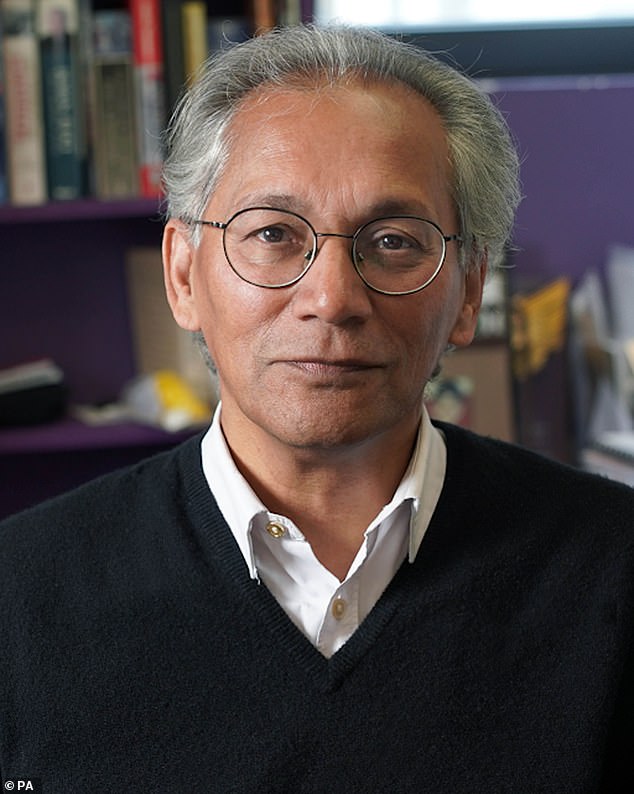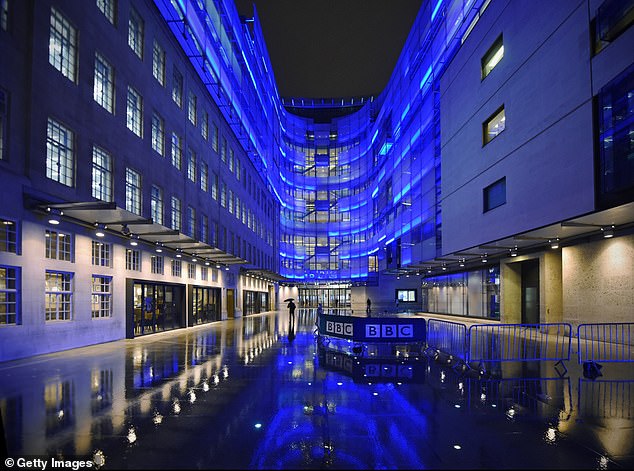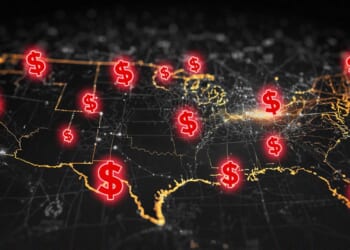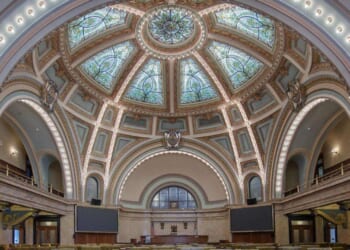The BBC‘s chairman is leaning towards a household levy that could see people pay more for their licence fee depending on the value of their property.
Dr Samir Shah, 73, who took up the role a year ago following the resignation of Richard Sharp, questioned why poorer households should have to pay the same amount for their BBC licence fee as those with pricier homes.
It comes as freezes in the licence fee – which is currently £169.50 – alongside a decline in the number of people paying has contributed to a 30 per cent decline in the BBC’s income in real terms over the past decade.
Mulling over the corporation’s options, Dr Shah told The Times that a Netflix-style subscription service ‘would not meet the BBC’s key role to offer something for everyone in the country’.
Meanwhile, funding from general taxation ‘would leave the BBC open to influence from the government of the day’, threatening the ‘independence’ of the corporation.
Another option would be an annual charge for everyone living in the UK, possibly a reformed licence fee or levy on every household.
The charge, according to Dr Shah, would have to be progressive and depend on factors such as property value.
‘Why should people who are poor pay the same as people in wealthy households?,’ he said.

BBC chairman Dr Samir Shah (pictured) is leaning towards a household levy that could see people pay more for their BBC licence fee depending on the value of their property

Freezes in the licence fee – which is currently £169.50 – alongside a decline in the number of people paying has contributed to a 30 per cent reduction in the BBC’s income in real terms over the past decade (Pictured: The BBC building)
Council tax bands or income tax bands may be used to make a scale, with homeowners in the top bands paying a higher fee.
It comes days after Ofcom threatened to ‘step in’ after the production company behind a now-disgraced BBC documentary admitted it paid the family of a senior Hamas official.
In a scathing letter addressed to Dr Shah, the regulator warned it had ‘ongoing concerns’ about the broadcaster’s failings regarding sourcing for its controversial show.
The programme, Gaza: How to Survive a War Zone, was removed from BBC iPlayer last month after it was revealed the child narrator, a 14-year-old boy named Abdullah, is the son of a senior Hamas official.
The corporation revealed that the boy’s mother was paid by Hoyo Films ‘via his sister’s bank account’ for his involvement in the documentary.







